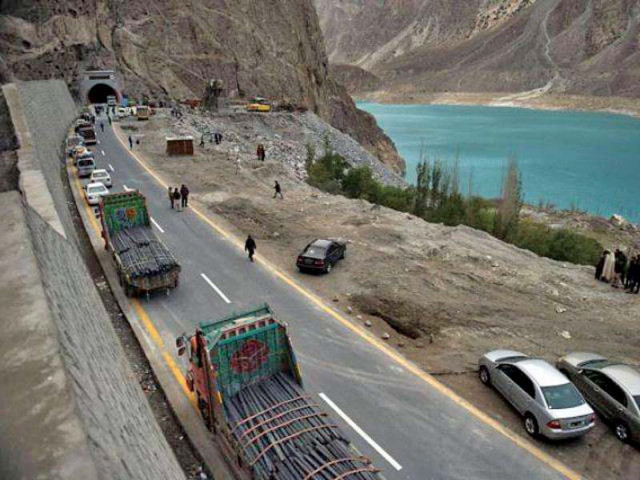Russian advice for India
Whether its opponents like it or not, the China’s ‘One belt, One road’ (OBOR) initiative is getting global traction

Several opened in inland areas expected to boost OBOR initiative. PHOTO: AFP
But what about the word of advice from Russia, the oldest and long-term strategic partner of India? After a three-way meeting with Chinese Foreign Minister Wang Yi and Indian Foreign Minister Sushma Swaraj in New Delhi on Monday, Russian Foreign Minister Sergei Lavrov said India should not let political problems deter it from joining the project, involving billions of dollars of investment, and benefiting from it. Russia, all the countries in Central Asia, and European nations had signed up to the Chinese project to boost economic cooperation, he said.
The question is: will India pay heed to Russia’s word of wisdom? It doesn’t seem to be the case given its current state of ties with Pakistan. Secondly, it is a matter of record that the Indian government has allocated billions of dollars to disrupt CPEC. Thirdly, it has still unresolved border dispute with China. And last but not the least its ever-growing strategic and defence ties with the United States. But having said that India and as a matter of fact neither country in the region can afford perennial tensions. One way to reduce the friction is to create inter dependencies. And the ‘belt and road’ plan may provide us that window of opportunity.
Published in The Express Tribune, December 13th, 2017.
Like Opinion & Editorial on Facebook, follow @ETOpEd on Twitter to receive all updates on all our daily pieces.















COMMENTS
Comments are moderated and generally will be posted if they are on-topic and not abusive.
For more information, please see our Comments FAQ